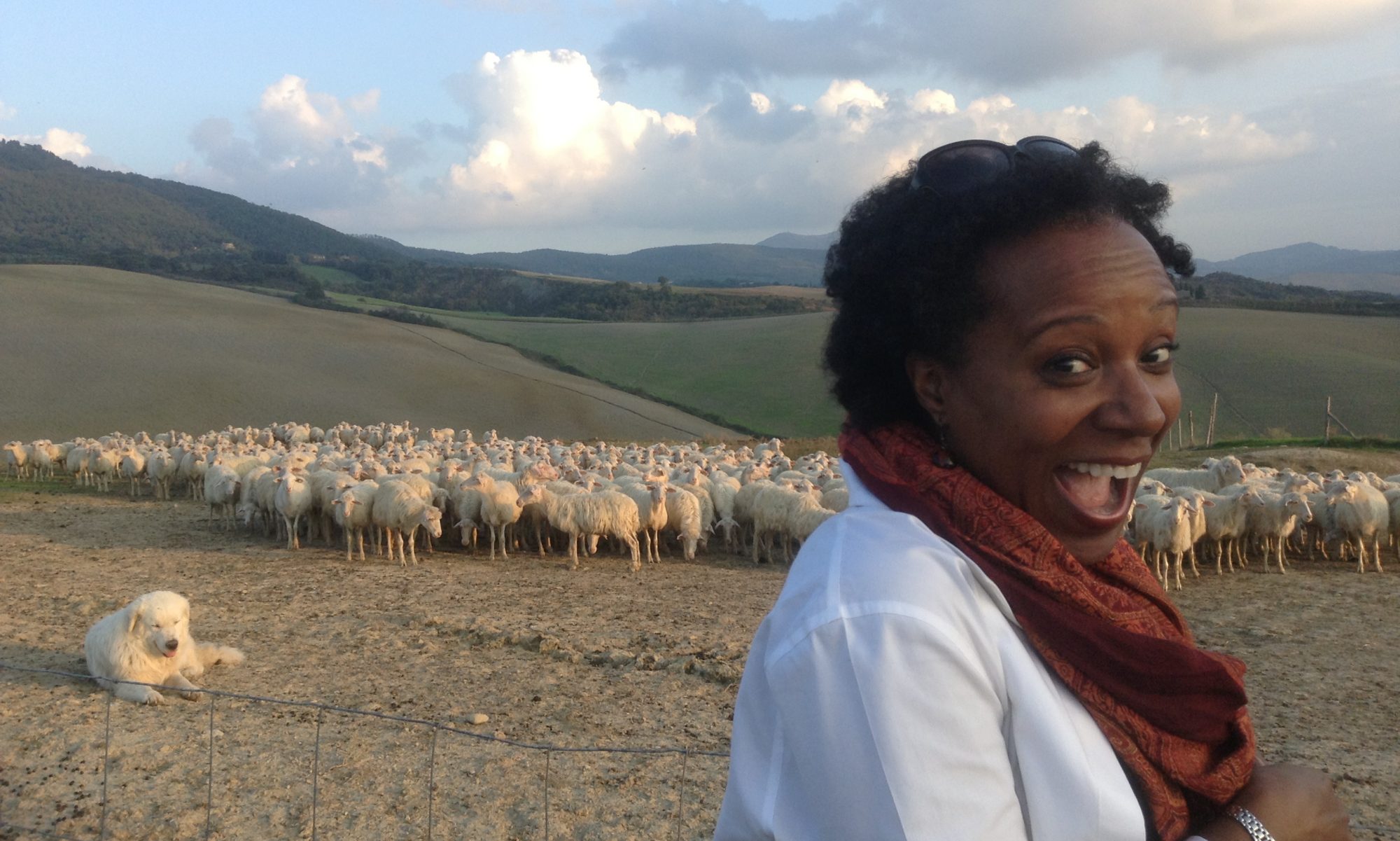“What am I doing here?” I thought as the train carried us from Krakow to Auschwitz.
The Holocaust has been a painful thing for me since I was a young child. Probably because I grew up in a community surrounded by Holocaust survivors, it was very real to me. It was seared into me by experiences such as witnessing a classmate cry and scream hysterically when our fifth grade student teacher, at a loss of what to do with us next, offered to teach us some German. “The Germans burned my grandparents! They burned my grandparents!” she wailed at the flabbergasted young woman, until the principal came and led her away.
My friend’s father was our veterinarian and when we took our pets to him, I always wanted to ask about the green numbers tattooed on his arm, but my parents told me not to mention them. My “Aunt” Sophie with the thick eastern European accent, who claimed to be my Jewish grandmother, also had a csimilar tattoo. So did Al and his brother Harry, who owned the newspaper stand where we bought our papers after church. Quite a few of family friends did, but we never talked about it.
I knew there was something sad and sinister about those tattoos, but didn’t know what. And then I read the Diary of Anne Frank and found out. And it hurt.
Thereafter, references to the Holocaust were difficult for me to confront. While I managed to watch “Judgment at Nuremberg” I couldn’t bear to watch Schindler’s List or Boy in the Striped Pyjamas or Life is Beautiful, nor could I muster up the courage to visit the Holocaust Museum (I was able to get through the Children’s section). Too painful.
So what in the world was I doing at Auschwitz?
I was in Poland, advancing a trip for First Lady Hillary Clinton. Among other things, we spent several days at a school for Jewish children, many of whose grandparents had been hidden by gentiles and whose families were now reconnecting with their religion, culture and heritage.
On a free day, I reluctantly agreed to visit Auschwitz and Birkenau concentration camps with two of my colleagues. I really didn’t want to go, knowing my visceral reaction to the Holocaust, but I also knew I’d probably later regret not going, so there I was.
It was as awful as I’d feared. We heard the gruesome stories, looked through the glass windows at the bundles of hair, glasses and suitcases that told the story of people who believed they were simply being relocated, having no idea they were being sent to their doom.
We stood at the ovens and walked through the barracks where so many doomed souls tried to survive.
As we looked over the field where the crematory killing factory had been (partially destroyed by the cowering Nazis before they ran away from their crimes), I saw something I wasn’t expecting.
Flowers. Tiny wildflowers peeked through the grass.
And the sun. It was shining, the same sun that had shone on the inmates decades before. Until then, all of my exposure to the Holocaust had been through photos and film – and only in grainy shades of black and white and grey. But here, even in this dark place, there was color and light.
Did the concentration camp inmates see these flowers and feel the sun’s warmth? Did the light sustain them or offer them any comfort or hope of survival. Were they able to grasp even tiny nuggets of life in the center of this horror?
As I pondered this, I suddenly felt an incongruous wave of, not quite joy or euphoria, but something very uplifting and empowering and I found myself saying under my breath “You motherf*ckers didn’t win!” (sorry for the language, but that’s exactly what I said).
Yes. The Nazis killed a lot of people and caused unspeakable suffering. But in the end, they didn’t win. Their mission was not to just cause pain and suffering but to destroy a people. And in that, they failed.
And they failed despite embodying the worst kind and degree of evil humanity can muster, coupled with and magnified by the most massive force and power theretofore unseen on this earth.
But even with all of that, They. Did. Not. Win!
Evil did not prevail. Jews suffered, died, and were forever changed. But the Jewish people survived and thrived. That most vicious, powerful evil empire could not stamp out a people, despite the almost unimaginable disparity in power.
I thought back to those little children at the Jewish school a world away in Krakow and smiled at the thought of how their very existence defies everything the Nazis fought so hard to accomplish. They are still here! They survived and they thrived, while the people who did this to them are on the trash heap of history.
We often ask why God lets this kind of evil exist in the world. But that day at Auschwitz, I felt I’d found, at least in part, an answer. Maybe it’s for us to learn that, although evil may exist, it doesn’t have to prevail. In the end, cruelty cannot snuff out the human spirit and, in the end, decency and goodness are far more powerful than hate.
And I had the answer to “Why am I here?”
For me, that was it. That was the lesson.
